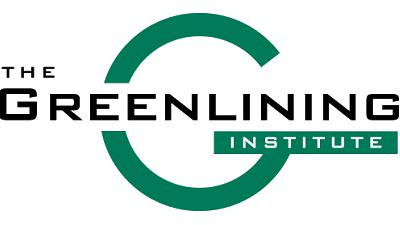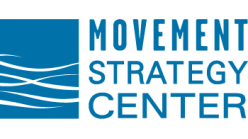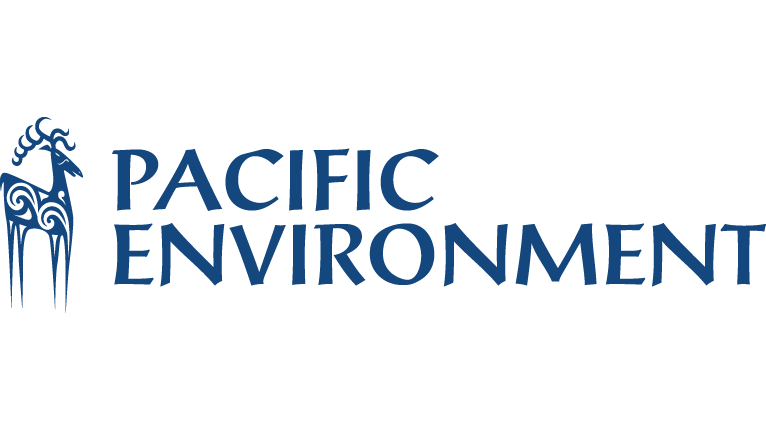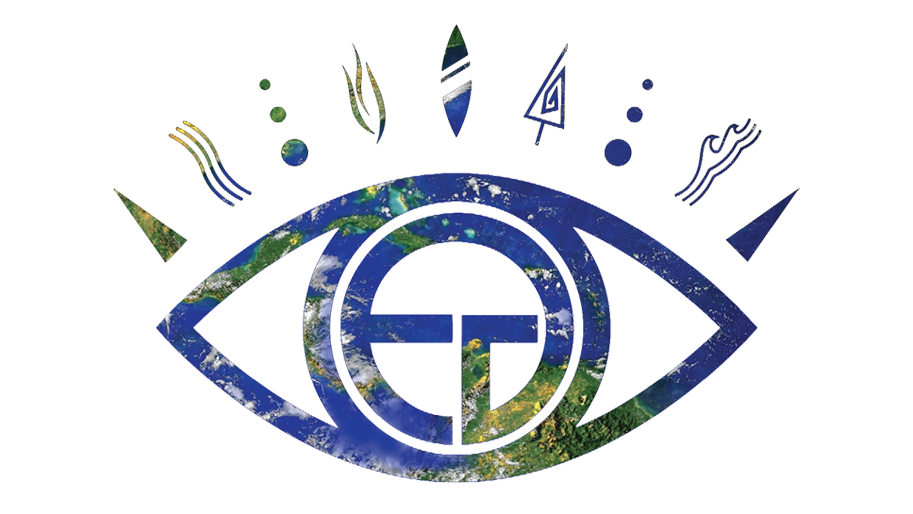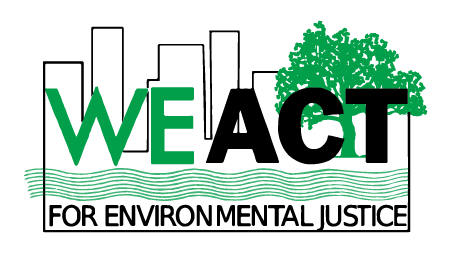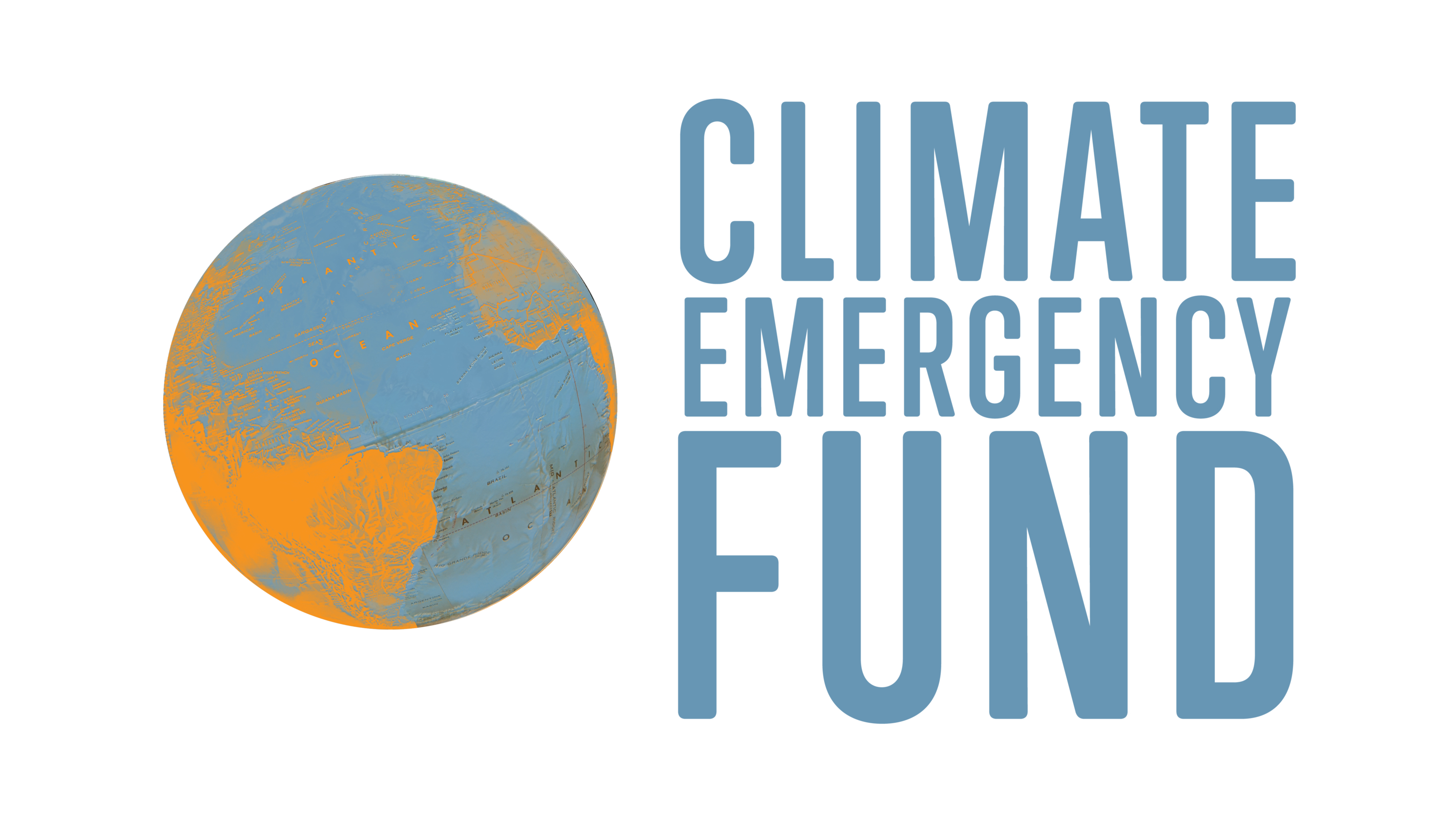Climate Justice
As the impacts of climate change become more apparent by the day — including increasingly frequent and intense disasters as well as warming and rising seas — it is imperative that we act quickly. This action must be informed by an equity lens, focusing on the communities impacted most by the effects of climate change. On this page, you'll find information about the global impact of the climate justice movement and vetted funds and organizations to support. [Note: Organizations are sourced through trusted partners and networks that align with our core tenets. Read our vetting criteria.]
What is Climate Justice?
Climate justice is a movement that approaches climate change as a sociopolitical issue rather than solely a scientific phenomenon. It focuses on the idea that the impacts of climate change are disproportionately felt by some communities – those that already face the most disadvantages.
Climate Justice In America
America will feel the effects of climate change - and the crisis’ consequences will disproportionately affect communities of color. The following articles explore climate justice, climate change, and environmental justice within the context of the U.S.
Climate Justice Around the World
The following articles demonstrate how climate change is affecting communities around the world, and how inequality, gender, and colonial histories exacerbate the impacts of the crisis.
Taking Action on Climate Justice
We can’t stop climate change entirely, but with global, collective action, we can reduce the extent of warming and prepare for what is to come. The longer that meaningful climate action is delayed, the more difficult it will be to address it, and the more harm it will do.
Follow Us
Newsletter
About Us
Giving Compass Network
Partnerships & Services
We are a nonprofit too. Donate to Giving Compass to help us guide donors toward practices that advance equity.
Trending Issues
Copyright © 2024, Giving Compass Network
•A 501(c)(3) organization. EIN: 85-1311683
• Privacy Policy • User Agreement


